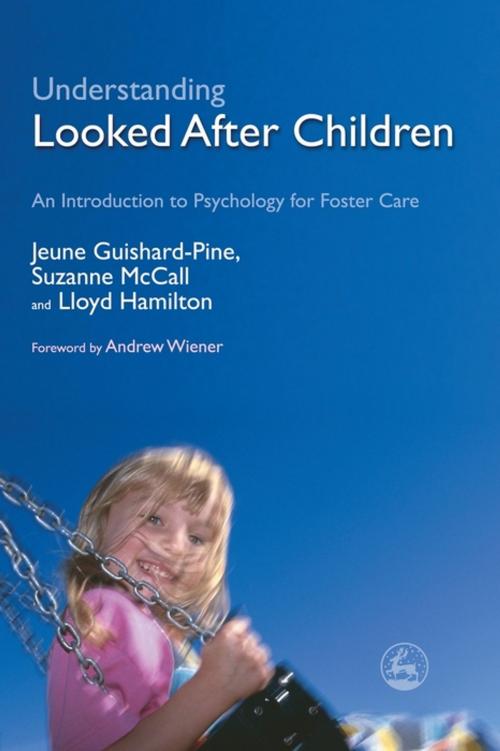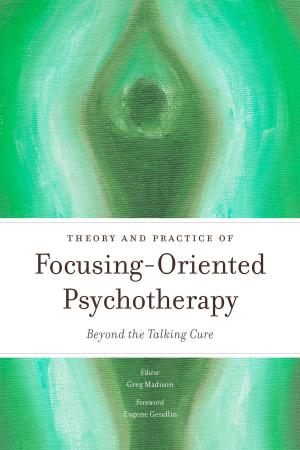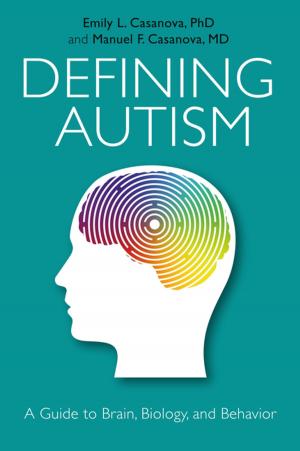Understanding Looked After Children
An Introduction to Psychology for Foster Care
Nonfiction, Social & Cultural Studies, Social Science, Social Work, Reference & Language, Education & Teaching, Health & Well Being, Psychology| Author: | Jeune Guishard-Pine, Lloyd Hamilton, Suzanne McCall | ISBN: | 9781846426841 |
| Publisher: | Jessica Kingsley Publishers | Publication: | September 15, 2007 |
| Imprint: | Jessica Kingsley Publishers | Language: | English |
| Author: | Jeune Guishard-Pine, Lloyd Hamilton, Suzanne McCall |
| ISBN: | 9781846426841 |
| Publisher: | Jessica Kingsley Publishers |
| Publication: | September 15, 2007 |
| Imprint: | Jessica Kingsley Publishers |
| Language: | English |
Understanding Looked After Children is an accessible guide to understanding the mental health needs of children in foster care and the role of foster carers and support networks in helping these children. The authors provide foster carers with an insight into the psychological issues experienced by children in the care system, and the impact of these issues on the foster family. Chapters cover cultural, social and legal structures associated with foster care and both the relevant child psychology theory and examples drawn from real-life situations. The authors give advice on how to address common psychological issues in collaboration with multi-agency professionals, as well as how to access to statutory services. They also explain the possible impact of assessments on foster children and the causes and management of foster carers' own feelings of frustration, anger or disappointment with social and mental health services or the placement itself. Chapters are complemented by case studies, and the book includes a helpful glossary to common terminology. Understanding Looked After Children is essential reading for registered foster carers and those considering fostering, as well as adoptive parents, and a useful reference for trainee and experienced practitioners in the care system, including social workers, psychologists, counsellors, teachers and others looking after vulnerable children.
Understanding Looked After Children is an accessible guide to understanding the mental health needs of children in foster care and the role of foster carers and support networks in helping these children. The authors provide foster carers with an insight into the psychological issues experienced by children in the care system, and the impact of these issues on the foster family. Chapters cover cultural, social and legal structures associated with foster care and both the relevant child psychology theory and examples drawn from real-life situations. The authors give advice on how to address common psychological issues in collaboration with multi-agency professionals, as well as how to access to statutory services. They also explain the possible impact of assessments on foster children and the causes and management of foster carers' own feelings of frustration, anger or disappointment with social and mental health services or the placement itself. Chapters are complemented by case studies, and the book includes a helpful glossary to common terminology. Understanding Looked After Children is essential reading for registered foster carers and those considering fostering, as well as adoptive parents, and a useful reference for trainee and experienced practitioners in the care system, including social workers, psychologists, counsellors, teachers and others looking after vulnerable children.















